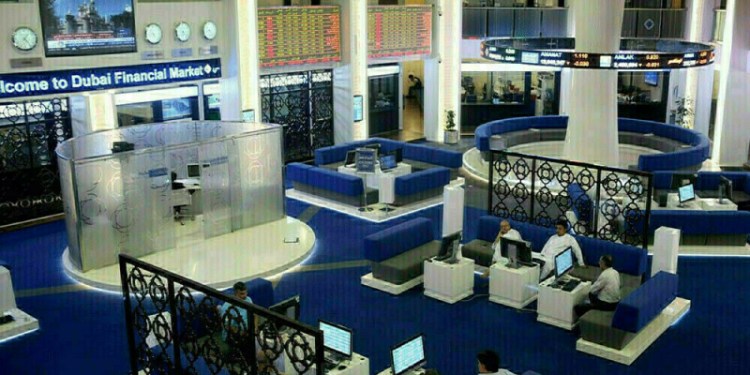By Chikako Mogi
TOKYO (Reuters) – Asian shares and the euro paused on Thursday, marking time ahead of a European Central Bank policy decision and remarks from ECB President Mario Draghi on prospects for the euro zone economy.
Investors also took a break from selling the yen, which weighed on Japanese equities after the market jumped to a four-year peak in the previous session.
The MSCI’s broadest index of Asia-Pacific shares outside Japan was nearly flat, hovering near a one-week low, after reaching a 18-month high on Monday. The Standard & Poor’s 500 Index ended nearly flat on Wednesday after hitting a five-year high earlier in the week.
Australian shares were off 0.1 percent. South Korean shares opened up 0.2 percent, but sentiment was dampened by the trend to a weaker yen, which has the buoyed competitiveness of Japanese exporters.
Japan’s benchmark Nikkei stock average opened down 0.5 percent after surging 3.8 percent in the previous session to its highest close since October 2008 on the back of fresh lows for the yen.
The yen’s broad weakness has been driven by expectations for much bolder reflationary monetary policy from the Bank of Japan, under Prime Minister Sinzo Abe’s push for a mix of policies to beat deflation, but investors are eyeing the firmer euro.
“Hopes for ‘Abenomics’ are supporting the mood, but investors are also sensitive to the currency moves, so right now, even small uncertainty on Europe can be a reason to pull back,” said Hiroichi Nishi, an assistant general manager at SMBC Nikko Securities.
Growing optimism that the euro zone economy may be nearing a bottom and subsiding fears that its currency union will falter has propelled the euro to a 14-1/2-month high against the dollar, a 34-month peak against the yen and 15-month top on sterling.
The ECB is expected to keep interest rates at a record low 0.75 percent at later on Thursday, but Draghi may face a grilling over an Italian banking scandal. Traders will also focus on any comments about the euro’s recent strength as well as the bank’s view on the euro zone economy.
Vassili Serebriakov, strategist at BNP Paribas, said the majority on the ECB’s Governing Council will likely reason that the euro’s strength is due to real improvement in the financial markets and economic outlook, and thus does not warrant immediate action.
“That said, our economists suggest that Mr. Draghi will probably soften the overall tone at the press conference, signalling that easing options are still available if needed,” Serebriakov wrote in a client note.
Draghi’s strong verbal commitment to defend the euro and the ECB’s new bond-buying scheme to help ease funding strains in highly indebted euro zone members had significantly reduced risks of the region crumbling under the weight of its debt woes.
But a corruption scandal in Spain and uncertainty over the outcome of an Italian election later this month brought market focus back to the region’s potential political instability.
Later on Thursday, Spain will test investor appetite by offering up to 4.5 billion euros of bonds.
Euro zone equities sank to two-month lows on Wednesday, after weak corporate earnings and signs of discord among euro zone states over the euro exchange rate prompted investors to lock in profits on a 25 percent rally in euro zone blue chips since June.
The euro was steady around $1.3521. It hit a 14-1/2-month high against the dollar of $1.3711 last week and a 34-month peak against the yen of 127.71 on Thursday.
The dollar eased 0.2 percent to 93.45 yen after touching 94.075 yen, its highest since May 2010 on Wednesday. The euro was down 0.1 percent at 126.35 yen, off Wednesday’s 127.71 yen, its strongest since April 2010.
U.S. crude rose 0.2 percent to $96.81 a barrel.
(Additional reporting by Ian Chua in Sydney and Ayai Tomisawa in Tokyo; Editing by Richard Pullin)
Source: Reuters


























